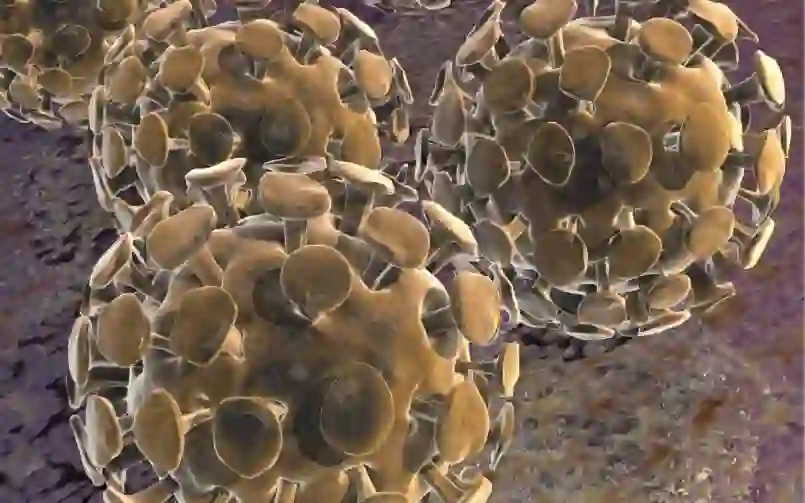Latest data: The total deaths nationwide were at least 361, with 17,205 people across the country infected with the Corona virus, after 2,829 new cases reported.
- The World Health Organization (WHO) has declared a global health emergency over the outbreak of a new corona virus, which originated in the Chinese city of Wuhan. China alerted the WHO to several cases of pneumonia in Wuhan on December 31.
- The new corona virus is thought to have originated in a seafood market, where wildlife was also sold illegally.
- At least 304 people have died in China and one in the Philippines, while more than 14,500 have been infected worldwide, most of them in China.
- Elsewhere, cases have been confirmed in Australia, Cambodia, Canada, Finland, France, Germany, India, Italy, Japan, Malaysia, Nepal, the Philippines, Russia, Singapore, South Korea, Spain, Sri Lanka, Sweden, Taiwan, Thailand, the United Arab Emirates, the United Kingdom, the United States and Vietnam.
- The new corona virus has been named novel corona virus (2019-nCoV). It is the seventh corona virus known to affect humans.
- There is currently no vaccine available against the corona virus but several organisations including CEPI, a public-private body based in Norway are working at developing one.
What is this deadly virus?
Corona viruses are a large family of viruses that cause illnesses ranging from the common cold to more severe diseases such as Severe Acute Respiratory Syndrome (SARS) and Middle East Respiratory Syndrome (MERS), according to the World Health Organization (WHO).
Where is it found?
Corona Virus circulate in animals and some can be transmitted between animals and humans. Several known corona virus is circulating in animals that have not yet infected humans.
What are the symptoms?
- Common signs of infection include fever, coughing and breathing difficulties.
- In more severe cases, infection can cause pneumonia, SARS, kidney failure and death.
- The incubation period of the new coronavirus is thought to be between one and 14 days.
- The virus is contagious before symptoms appear.
Risk factors for severe illness are not yet clear, although older patients and those with chronic medical conditions may be at higher risk for severe illness.
What are Preventive Measures?
- WHO recommends basic hand hygiene such as washing hands with soap and water, and making sure to cover your mouth with your elbow when sneezing or coughing.
- Avoid unnecessary, unprotected contact with animals and be sure to thoroughly wash hands after contact.
- Ensure meat consumed is cooked thoroughly.
- Wash your hands often with soap and water for at least 20 seconds. Use an alcohol-based hand sanitizer that contains at least 60% alcohol if soap and water are not available.
- Avoid touching your eyes, nose, and mouth with unwashed hands.
- Avoid close contact with people who are sick.
- Stay home when you are sick.
- Cover your cough or sneeze with a tissue, then throw the tissue in the trash.
- Clean and disinfect frequently touched objects and surfaces.
Is there any treatment?
People infected with 2019-nCoV s receive supportive care to help relieve symptoms. For severe cases, treatment should include care to support vital organ functions.




